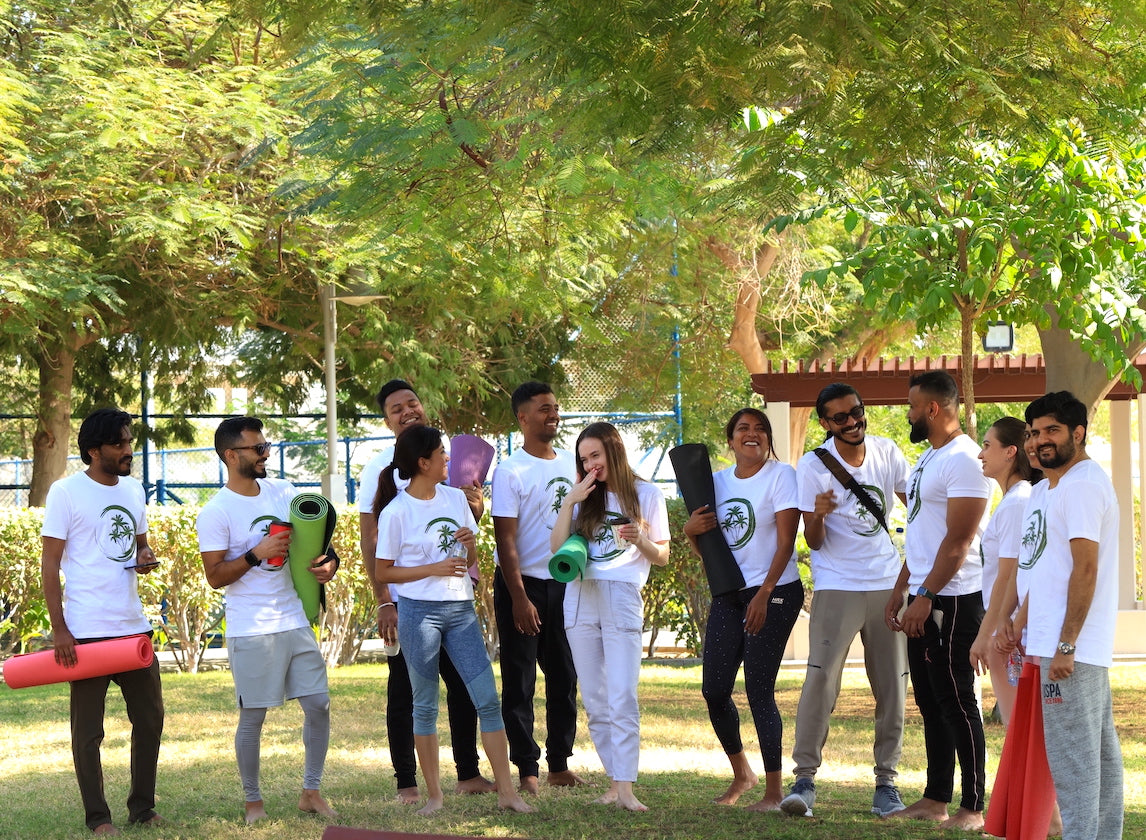Having a yoga certification means you've not only passed the hours required for the certification but that you've also acquired the knowledge and skills necessary to raise your level of expertise in the field. However, remember that, depending on the type of certification you've taken, there's still a lot to learn and improve, as yoga demands a continuous evolution of body and mind.
It's very important that you know what you're looking to achieve with these yoga certifications: Are you only looking for personal improvement? Do you want to become a yoga instructor? If your goal is to become an instructor, what kind of speciality would you like to teach and to whom?
If you're not quite sure how to answer the above questions, worry not. We'll help shed light on a few recommendations. Here are some things you can do after you obtain your yoga certification.
1. Go for your next certification
Have you just obtained your certification and think you don't need another one? You should know that many certifications are serialised. This means that once you've completed one, it unlocks others that require more advanced levels. The more you learn, the more specialised the courses become, and, the more they allow you to go beyond what you could do with just one specialisation, either in terms of knowledge or career.
There are several different yoga certifications offered by various organisations around the world. A globally renowned and respected organisation in the yoga community is Yoga Alliance. They offer yoga certificate courses depending on experience and hours of learning. Some of them include:
-
RYT-200 certification
This consists of 200 hour yoga teacher training to be registered as a yoga instructor with Yoga Alliance - RYT-500 certification
This is granted to teachers who've completed the RYT-200 course and an additional 300 hours. It's also necessary to have completed 100 teaching hours -
RYS-200 OT certification
It's for instructors wanting to teach yoga online. This certification arose from the need to maintain social distancing due to the COVID-19 pandemic
While Yoga Alliance is one of the most internationally recognised organisations, it doesn't mean you won't grow in your field if you don't have a certification with them. There are many people with great experience who don't have one of these certifications.
2. Become a yoga instructor
One of the main motivations for those who take a certification is to be able to share all that knowledge with others. To be in front of a class where you can guide your students to master the techniques and exercises that were once difficult for you. Technically, you don't need a certification to be a yoga teacher, but if you'd like to teach in a school, it's very likely that you'll be asked for certification.
Once you have your yoga certificate, you can look for a school where you're allowed to teach. Another option is to find your students and a place where you can give classes. You could even start teaching online, now that internet learning is becoming more and more common. The important thing is that you look for the path that makes you feel most comfortable, and that will benefit others, as you'll be helping others learn along the same path.
3. Become a yoga teacher trainer
If you're interested in being a specialised teacher who teaches to certify other instructors, then you need to obtain an appropriate certification for that rank, as you cannot award certifications without having one yourself. Specialised certifications, in addition to several additional hours of learning, usually require prior experience as a yoga teacher, so you would need to have already taught some hours of classes previously and be able to justify them in some way.
Depending on the certificate you want to award, and where you live, there are bound to be different types of yoga teacher certifications. Visit Ohmayoga for more information.
3. Keep practising
Whether you're certified or not, continuous learning is key to your growth and to any goal you set for yourself. Set a series of short- and long-term challenges so that you can keep practising while pursuing a goal. Remember that yoga is not just about the physical aspect; you need to grow spiritually and mentally too. Brush up on your knowledge of physiology, anatomy, philosophy, history, and meditation so that you have a balance of knowledge.
As mentioned earlier, the learning never ends. Whether you decide to pursue further certifications, become an instructor, or a specialised teacher, every day you'll have new learnings from which you can continue to grow and become better at yoga, and as a person.
The processes can be difficult and a little time consuming, but it definitely pays to keep growing and never settle for what you know. Yoga certifications are important to demonstrate your knowledge to others, but it's more important to show it with your experience and the way you do yoga.
If you have any queries regarding online yoga courses with certificates, yoga teacher training courses, or just about anything to do with yoga, you can always contact us for a FREE one-on-one consultation.







